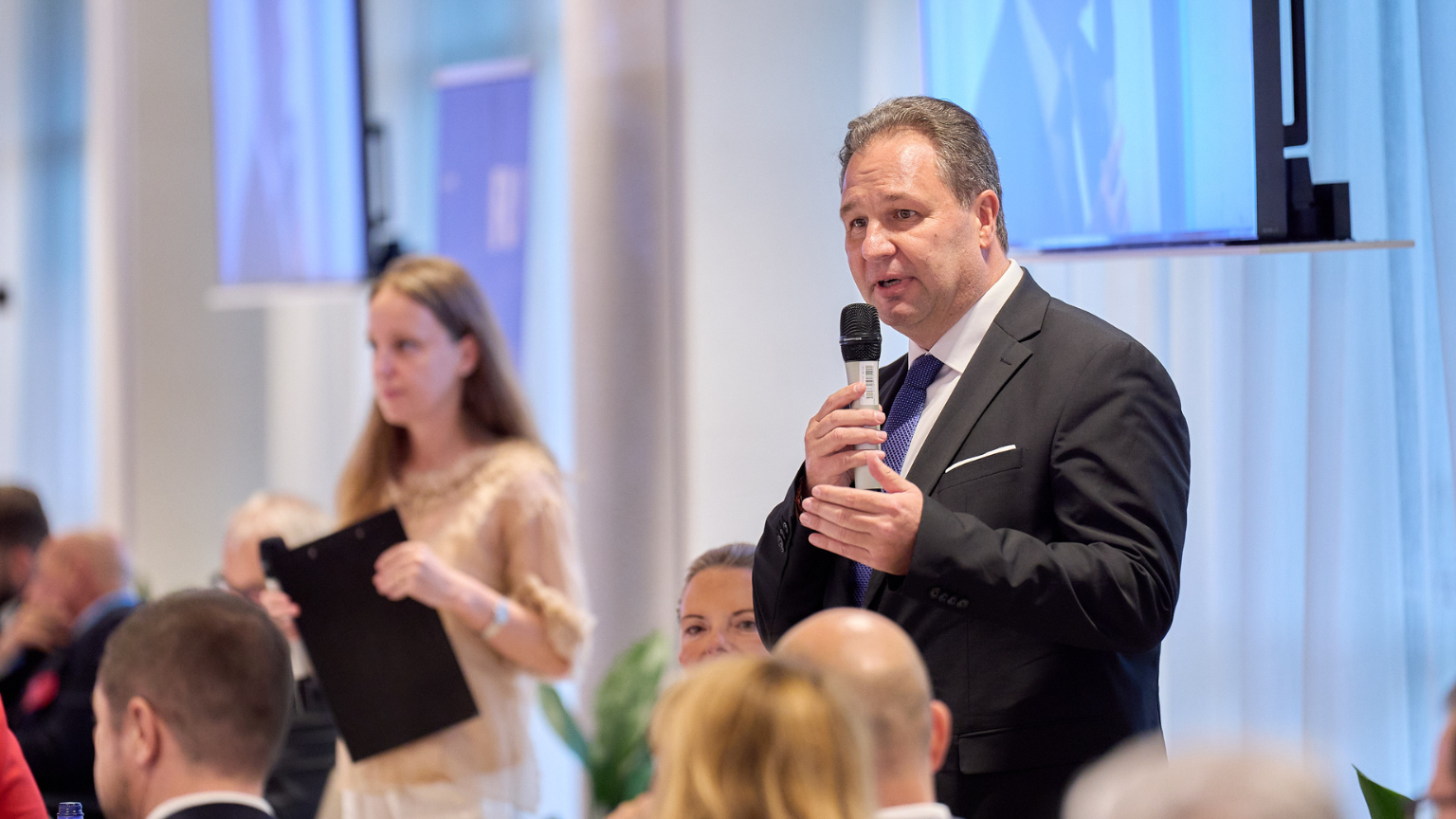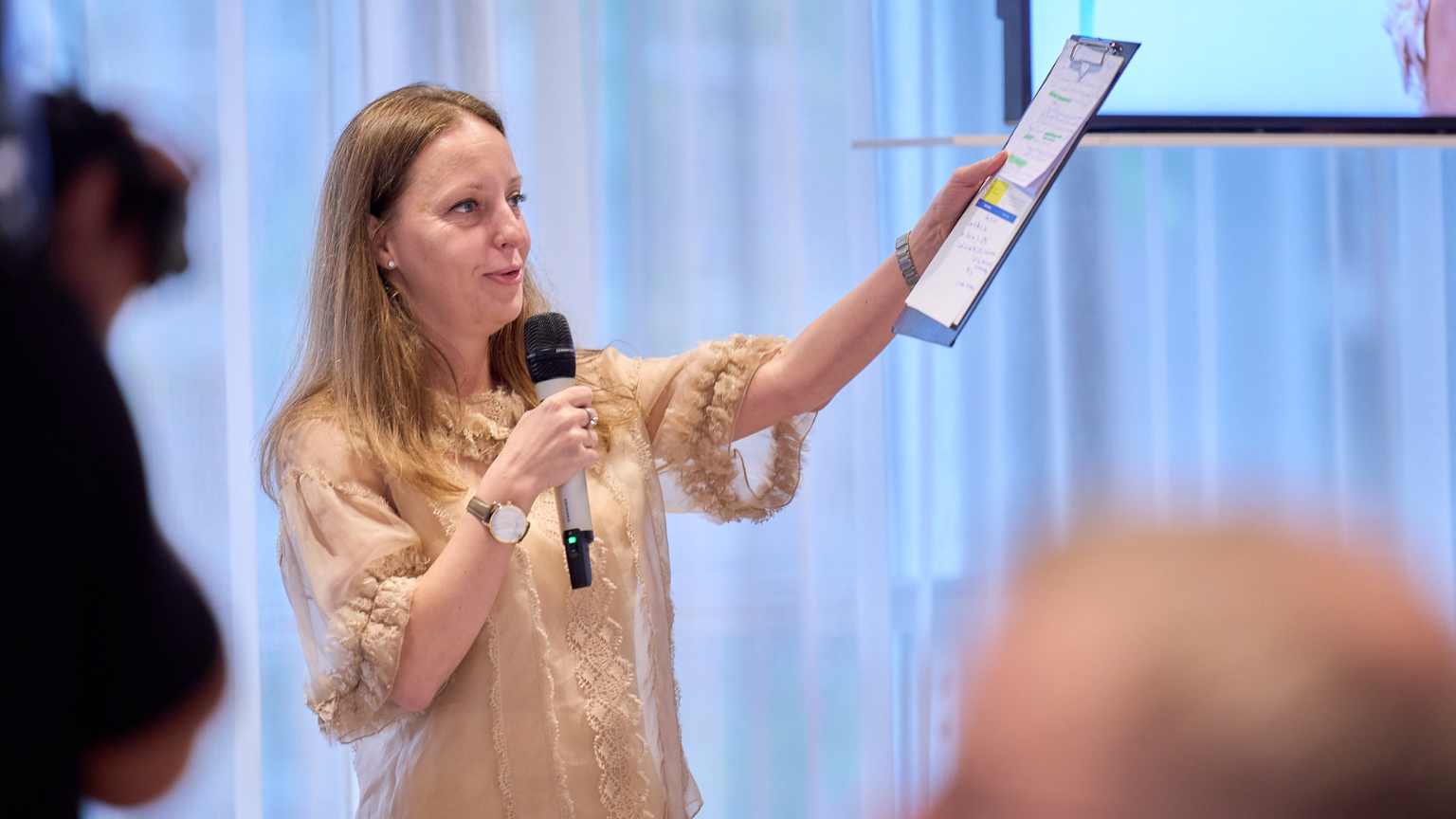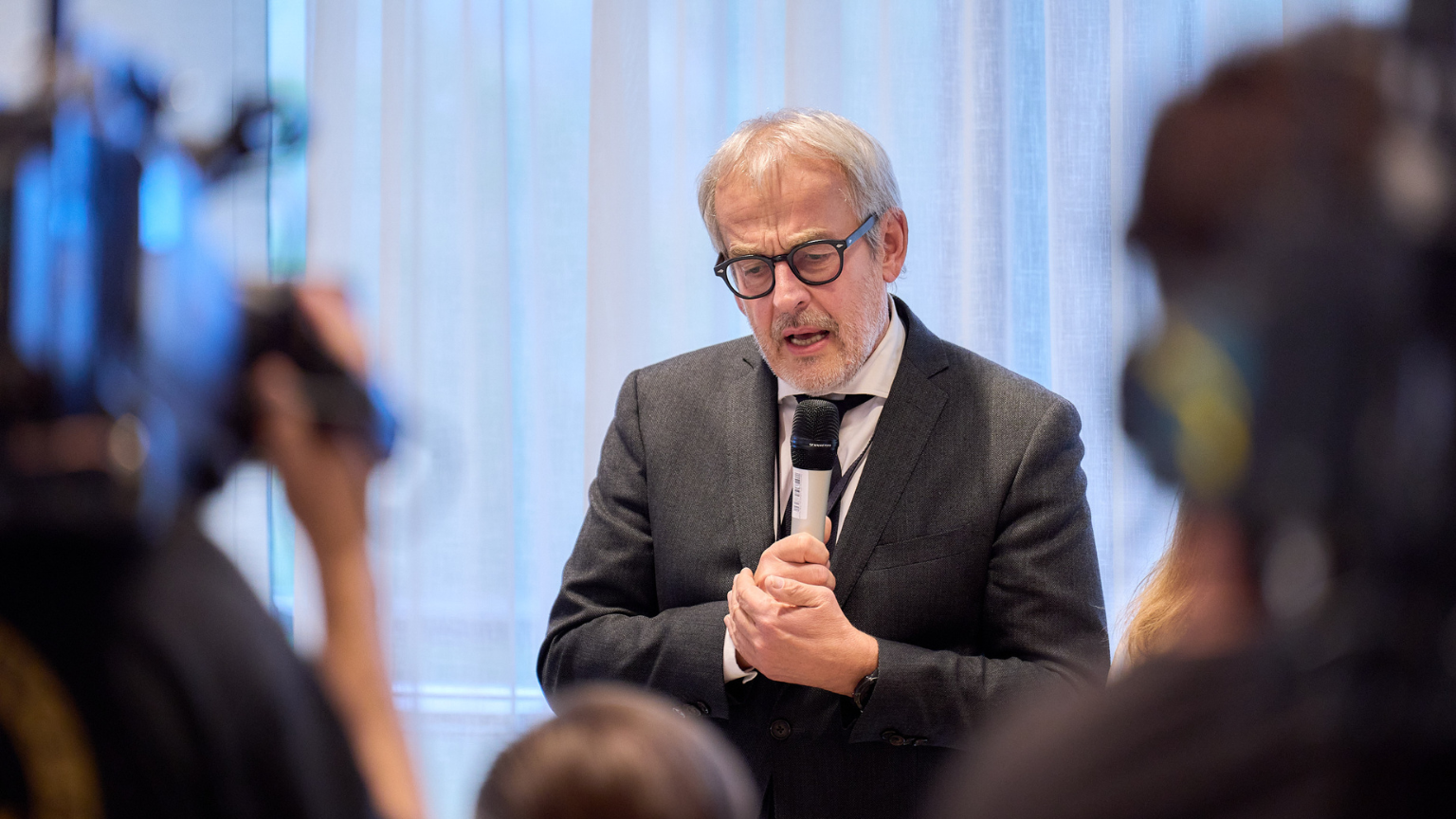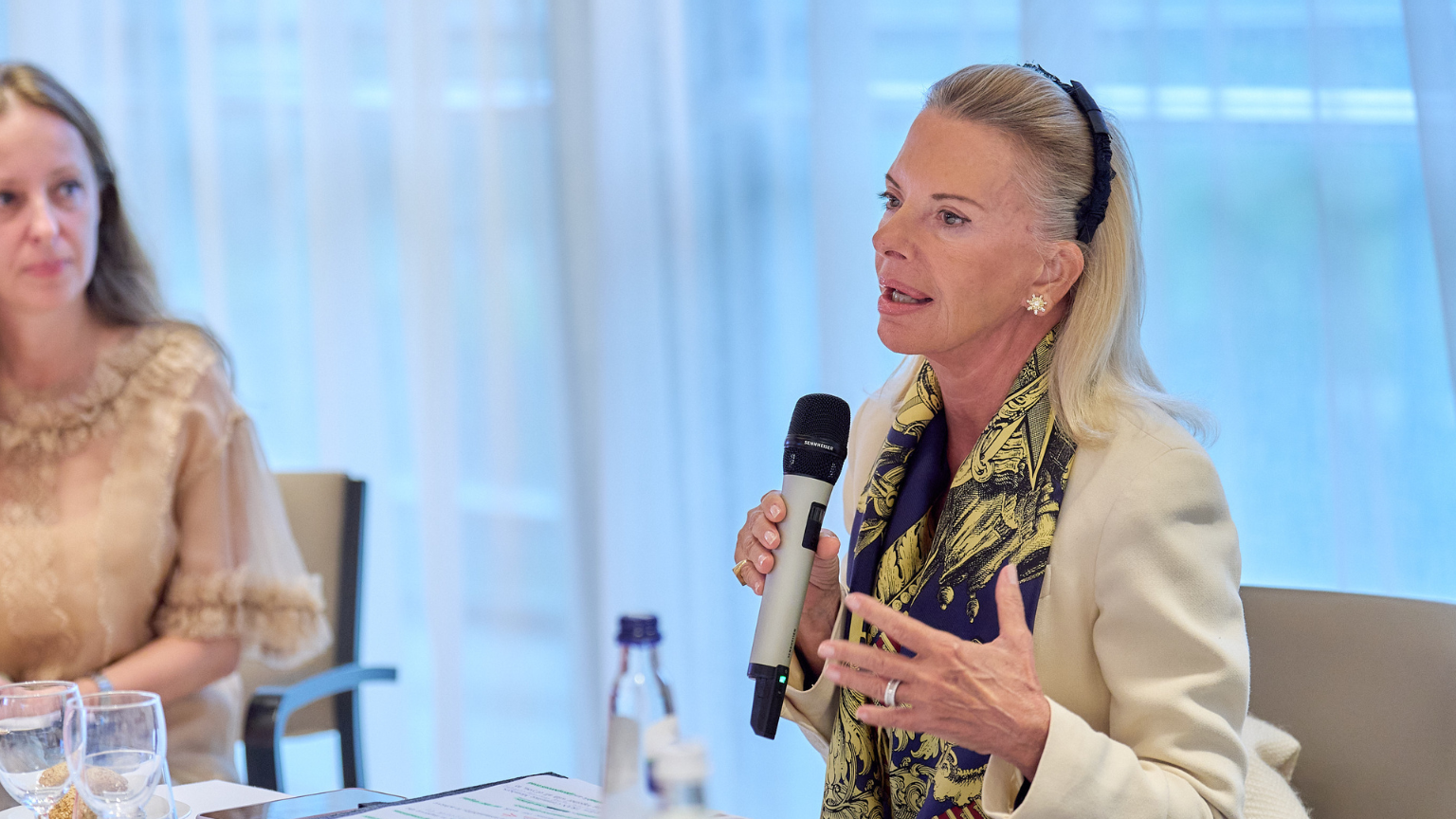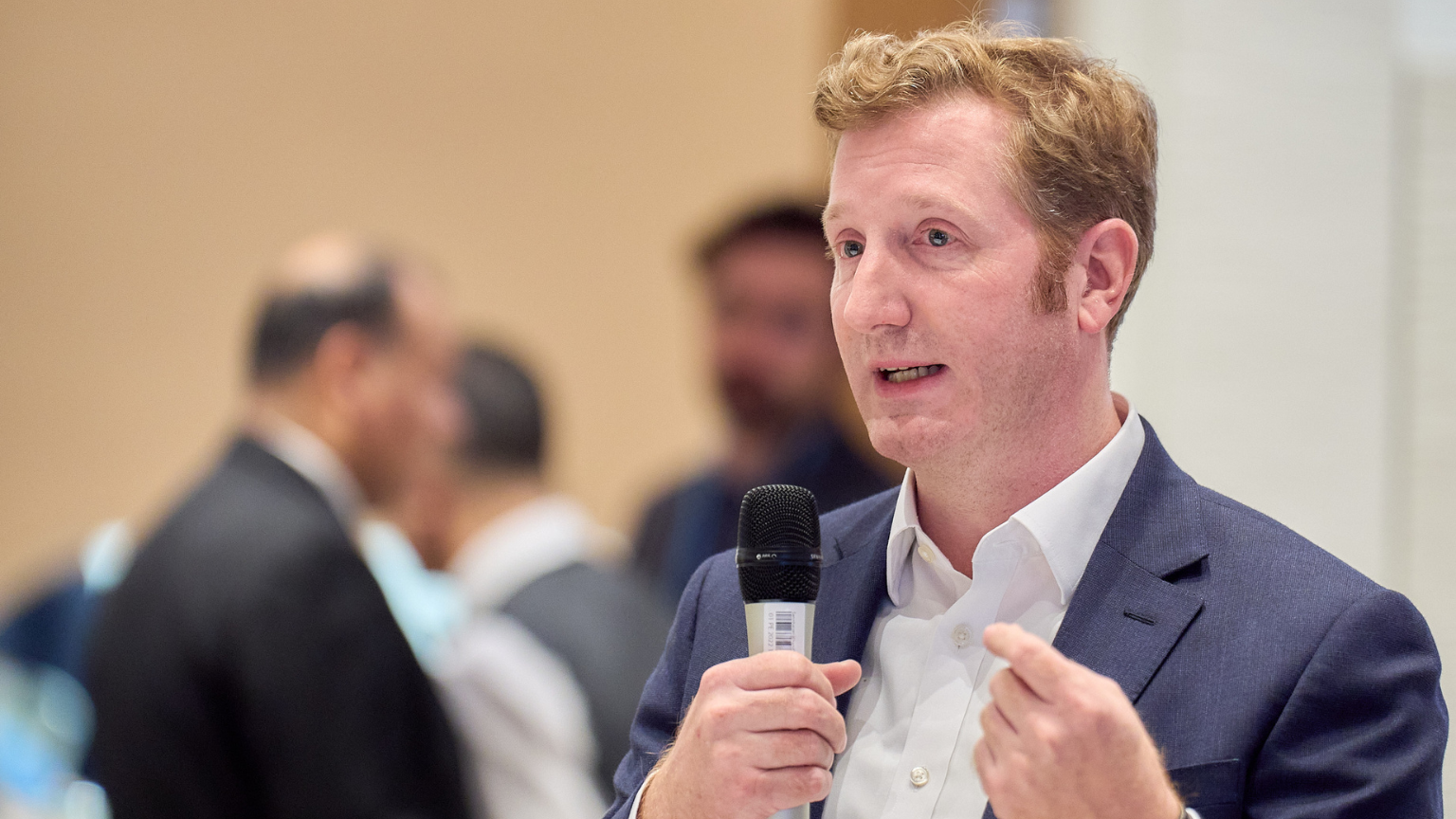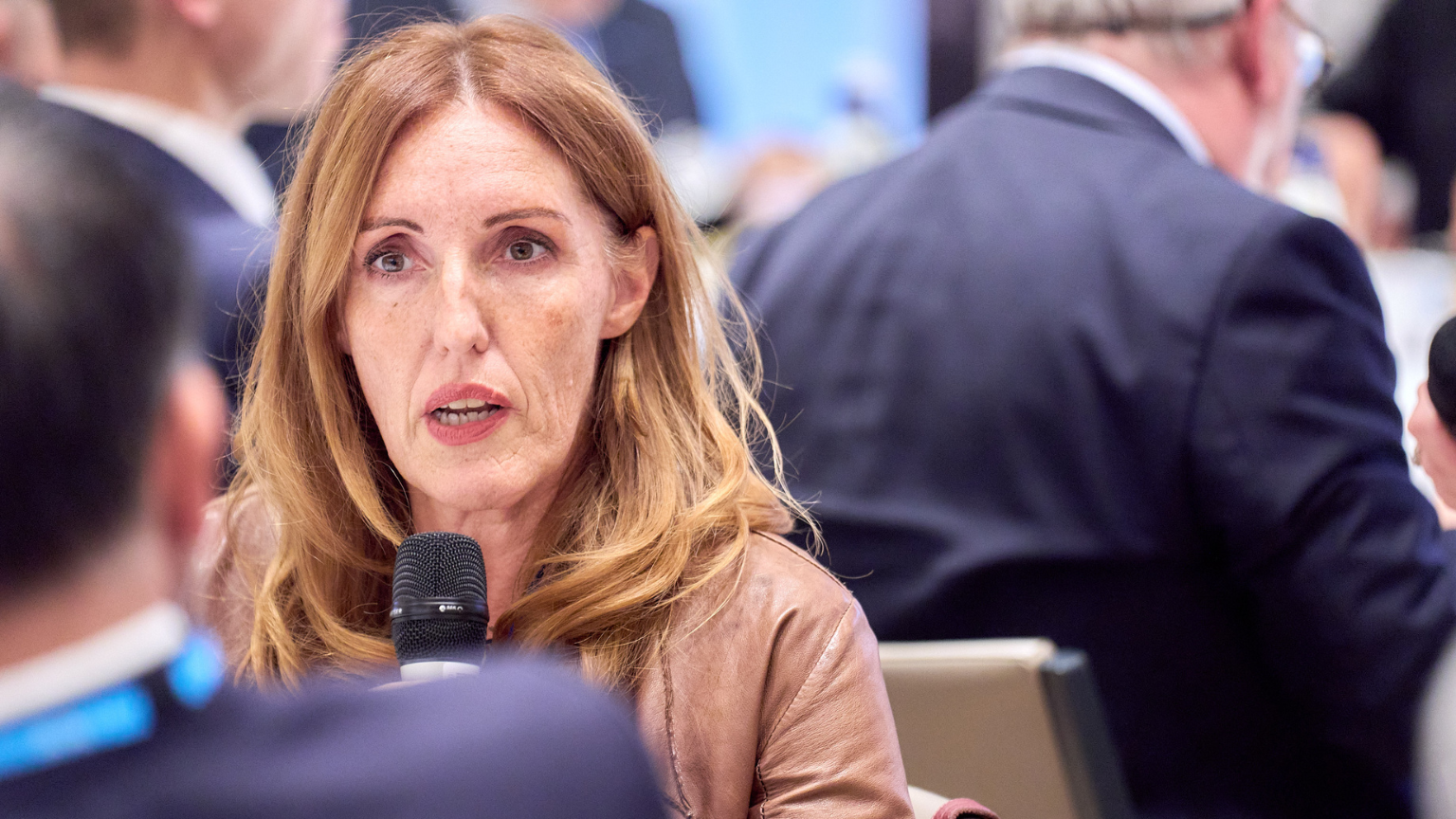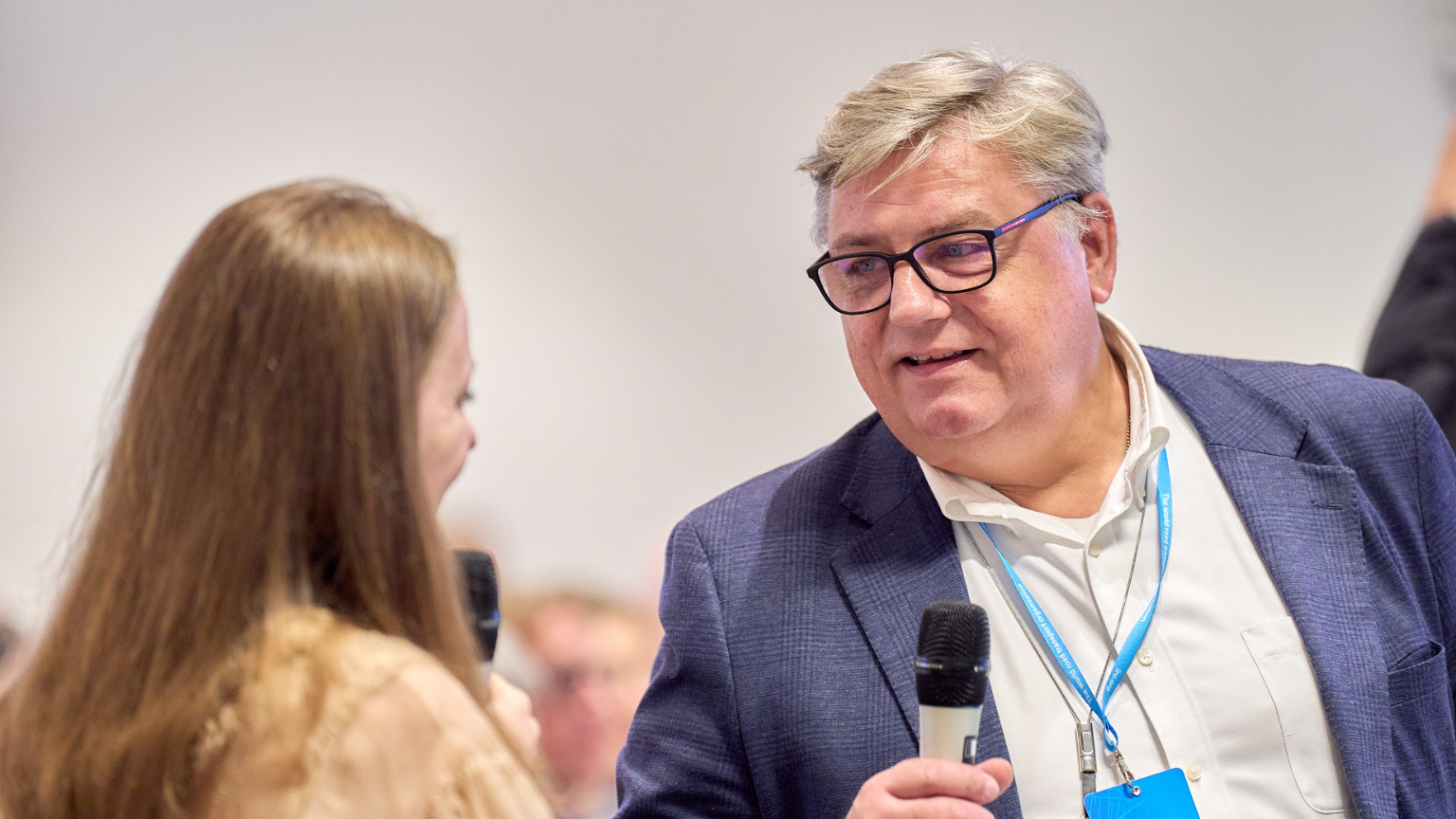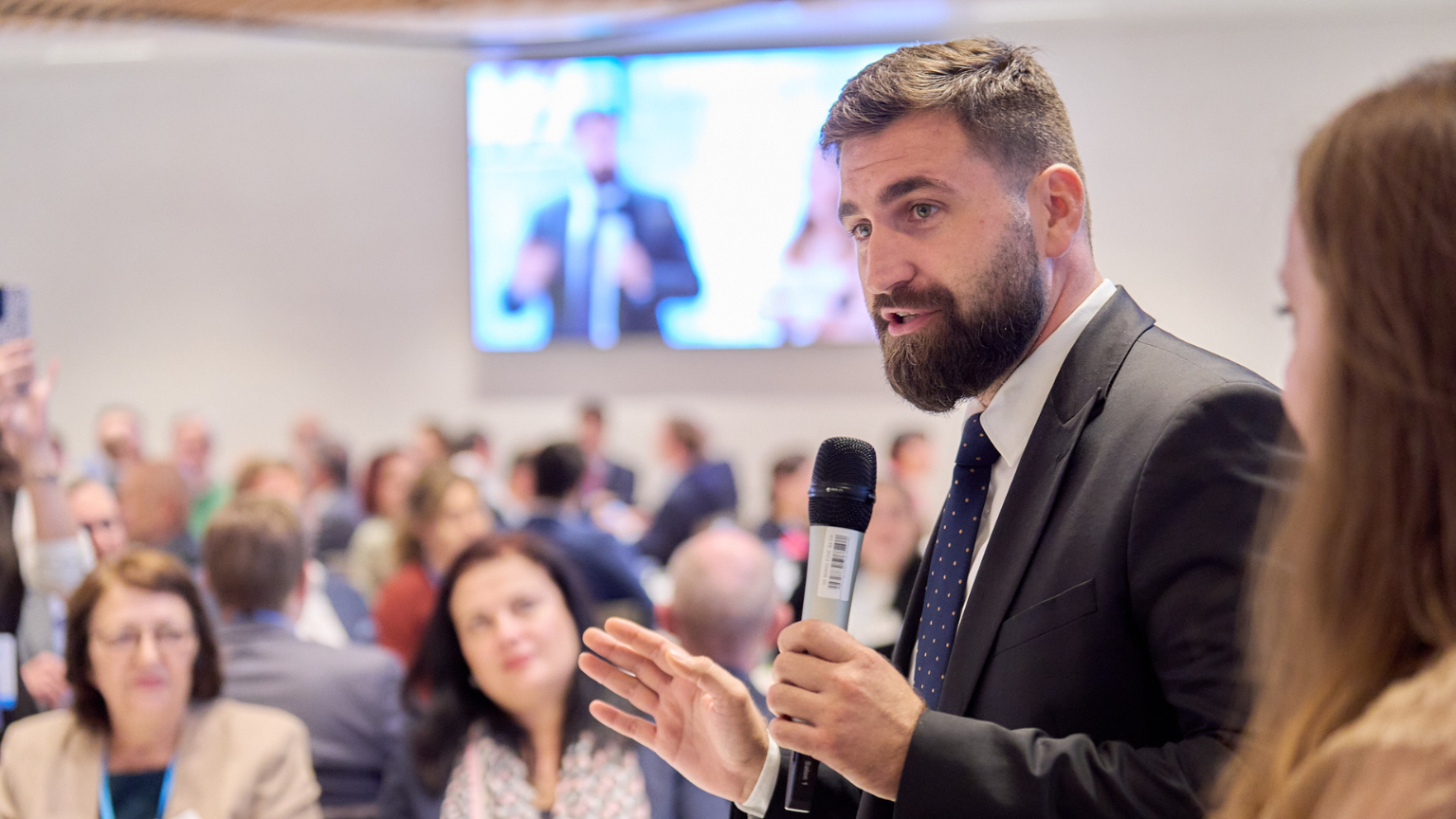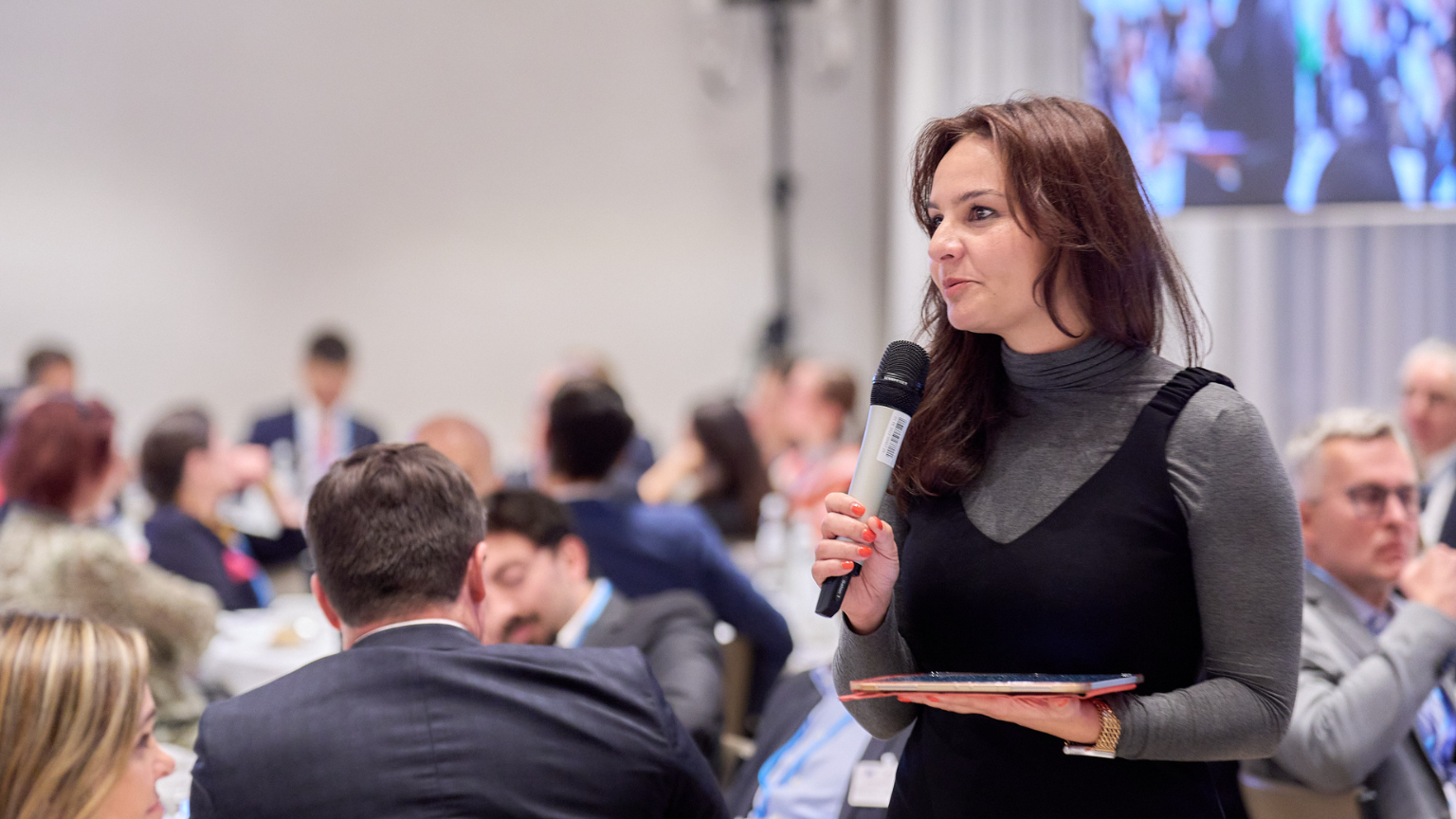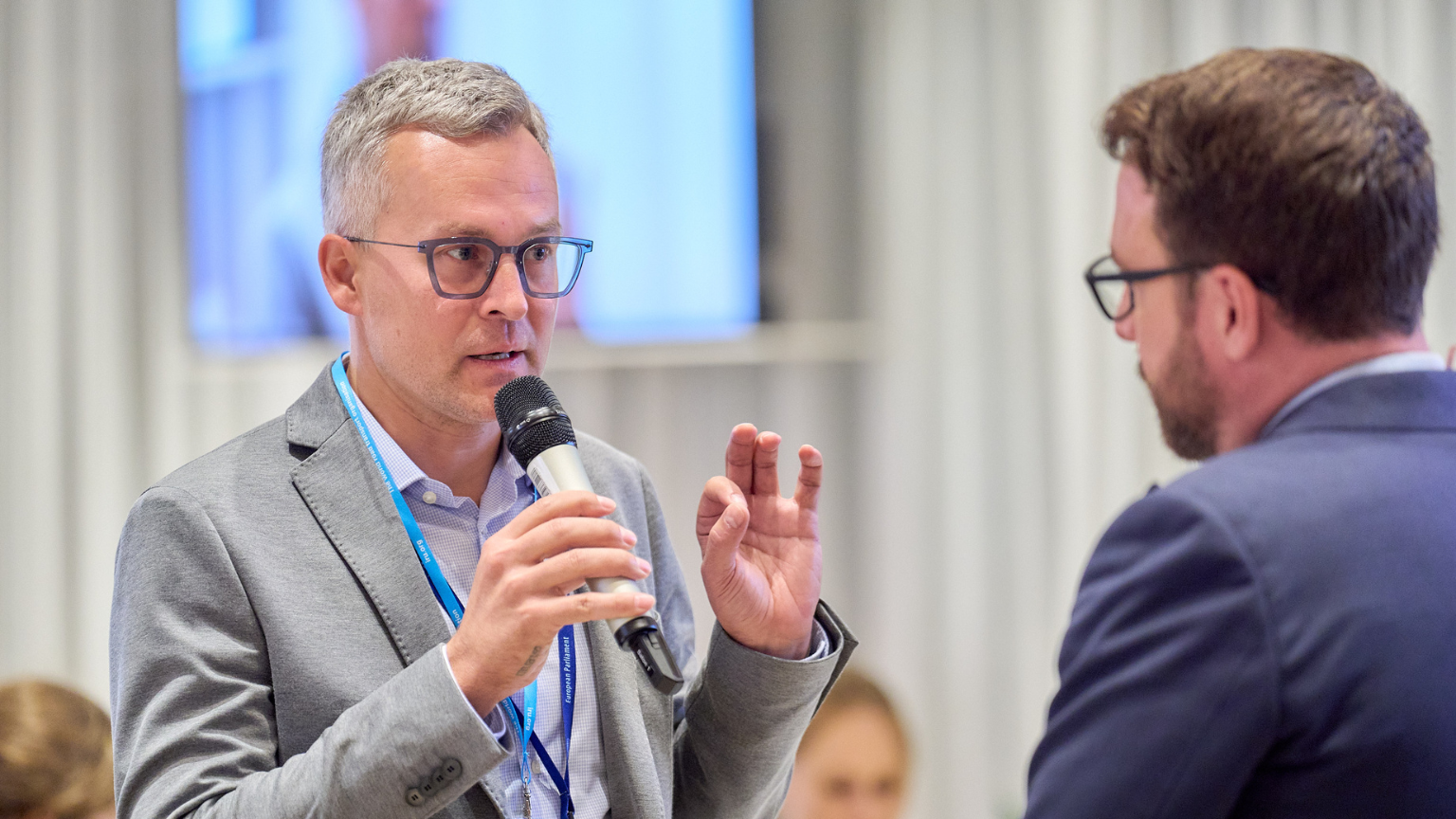Road transport leaders from across the EU and members of the new European Parliament came together last week for a dinner debate on the sector’s top priorities for this legislative term.
IRU’s Manifesto Dinner Debate, held at the European Parliament in Brussels, featured 32 speakers alongside 250 key figures from across the sector and Members of the European Parliament (MEPs). Eleven MEPs from four political groups and 21 industry leaders had an insightful exchange on the future of EU road transport.
At the heart of the evening was the IRU EU Manifesto, which sets policy actions for the 2024-2029 legislative term. It tackles the industry's most pressing challenges – from driver shortages to decarbonisation and in-vehicle data – to ensure that road transport can continue to deliver for the EU’s economies and communities.
IRU’s President and EU Director as well as two MEPs who hosted the event kicked off the debate with opening statements.
IRU President Radu Dinescu said, “Today is an important day for road transport and the EU. Our manifesto outlines how MEPs can support our industry to better serve the EU. I look forward to building on our long-standing relationship with EU institutions.”
IRU EU Director Raluca Marian said, “We are here today to debate the future of one of the EU’s most critical sectors: road transport. Now more than ever, we need empowerment from policymakers to sustain the EU economy while advancing the transition to a greener future.”
Vice-President of the European Parliament Roberts Zile said, “We believe in cutting red tape. We need to ease and harmonise procedures in the EU”.
Chair of the Committee on Transport and Tourism Elissavet Vozemberg-Vrionidi said, “We look forward to working with IRU and the industry to increase driver recruitment and improve the resilience of the sector, achieve our crucial climate targets, and continue advancing digitalisation.”
After these opening remarks, the discussions followed the structure of the IRU EU Manifesto: people, environment and prosperity.

